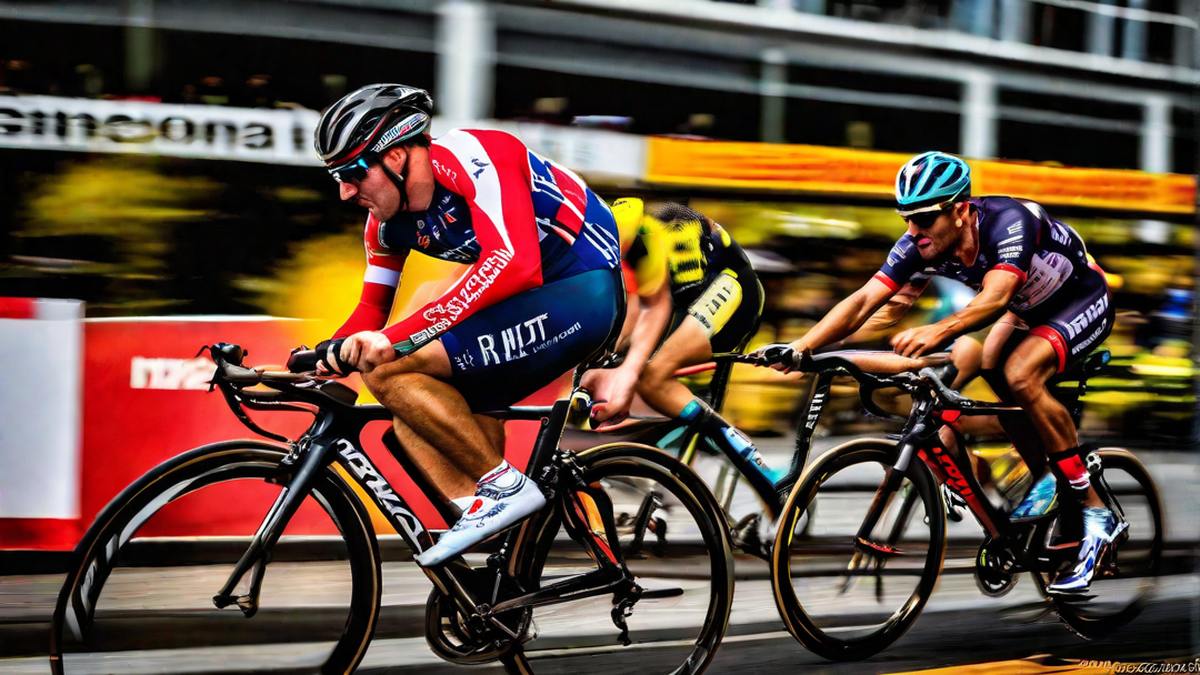Have you ever experienced a sharp pain in your stomach after going for a run? If so, you’re not alone. Many runners, including myself, have experienced this uncomfortable sensation. Today, I want to dive deep into why our stomachs can hurt after running and provide some insights and personal experiences along the way.
The Causes
There are several potential causes for stomach pain after running. One common culprit is simply the jostling and impact that comes with running. As we pound the pavement, our internal organs, including the stomach, can experience some movement and agitation. This can lead to discomfort or even cramping.
Another contributing factor is the consumption of food or liquids before running. If you’ve eaten a large meal or consumed a heavy or greasy snack close to your run, your stomach may rebel. Digestion requires blood flow, but running diverts blood away from the stomach and towards the working muscles. This can result in poor digestion and lead to stomach pain.
Dehydration is another common cause of stomach discomfort during or after a run. When we don’t hydrate properly before exercising, our bodies can struggle to maintain electrolyte balance, which can lead to cramping in the stomach and other muscles.
My Personal Experience
As a passionate runner, I have encountered my fair share of stomach pain during my training. One particular instance stands out in my memory. I had signed up for a half marathon and decided to try out a new pre-race breakfast of a bagel with peanut butter. Unfortunately, that combination did not sit well with my stomach. Around mile 8, I started experiencing sharp pains, and I had to slow down significantly. Lesson learned: sticking to familiar, easily digestible foods before a race is key for me.
Another time, during a long training run on a hot summer day, I neglected proper hydration. As the miles ticked by, my stomach began cramping, and I could tell it was a direct result of my lack of water intake. Since then, I have made it a priority to hydrate properly before, during, and after my runs to avoid similar issues.
Prevention and Remedies
Fortunately, there are steps you can take to prevent and alleviate stomach pain during and after running. Here are a few strategies that have worked for me:
- Give your body enough time to digest before running. Aim to eat a light, easily digestible meal at least 1-2 hours before your run.
- Stay hydrated! Make sure to drink enough water throughout the day, especially before and after your run.
- Experiment with different types of pre-run fuel. Everyone’s digestive system is different, so finding what works best for you may require some trial and error.
- If you experience stomach pain during a run, try slowing down or taking a short walking break. This can help alleviate the pressure and discomfort.
- Consider incorporating core-strengthening exercises into your routine. A strong core can provide better support for your internal organs, reducing the likelihood of discomfort.
In Conclusion
While stomach pain after running can be unpleasant, it is usually a temporary issue with manageable causes and solutions. By paying attention to your pre-run nutrition, staying hydrated, and listening to your body, you can minimize the chances of experiencing stomach discomfort during your runs. Remember, each runner is unique, so it may take some time to find the best approach for you. Happy running!

